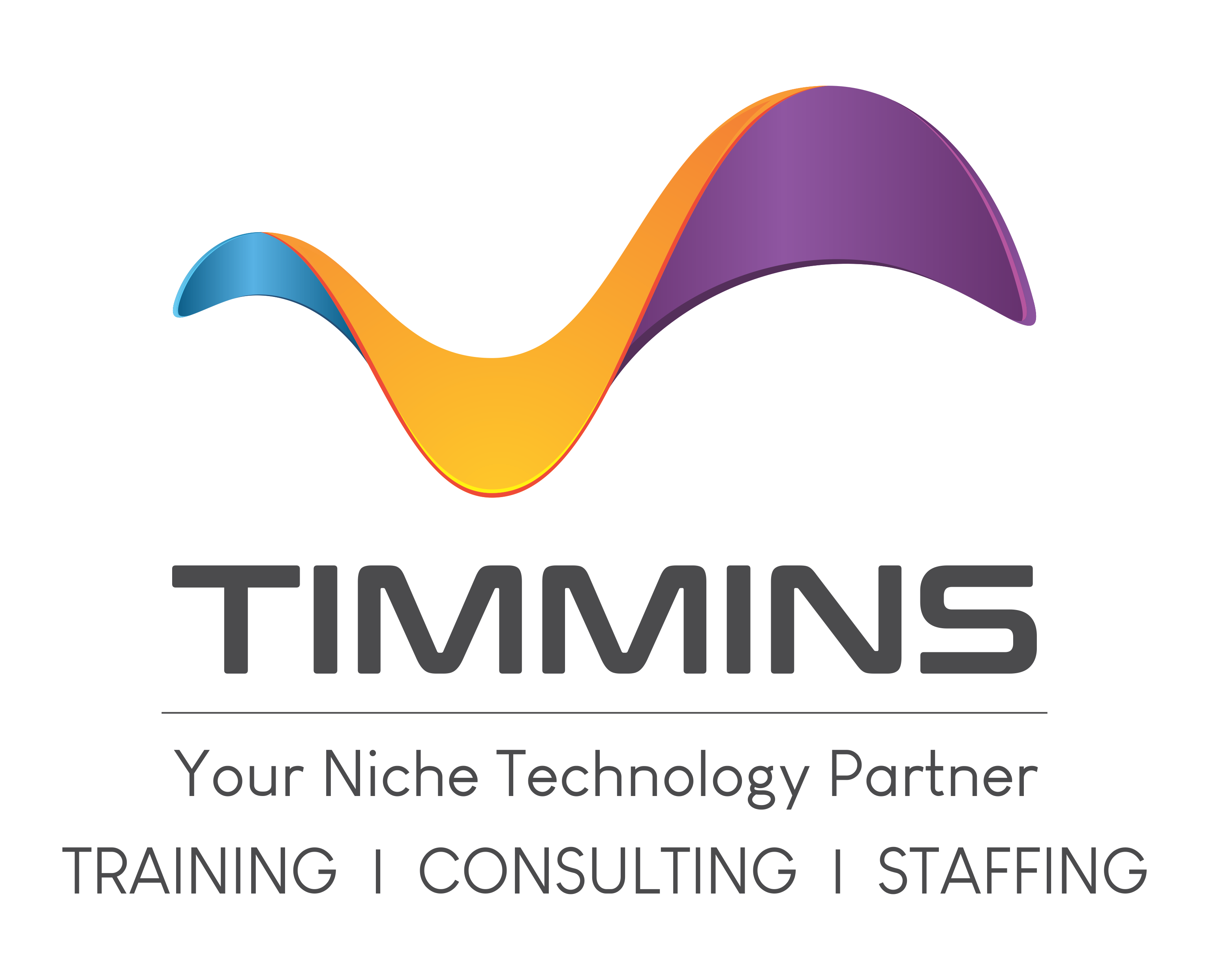
Course Content
Section outline
-
Module 1: Introduction to Linux Kernel Architecture
- Overview of Linux kernel architecture.
- Kernel components and development process.
Module 2: Kernel Debugging Concepts and Tools
- Types of kernel bugs and debugging strategies.
- Tools overview: GDB, KGDB, kdump, ftrace, perf.
Module 3: Remote Debugging with KGDB
- Configuring and using KGDB for remote kernel debugging.
- Hands-on Lab: Setting up KGDB for a live debugging session.
-
Module 4: Kernel Crash Analysis with kdump
- Configuring kdump for crash analysis.
- Analyzing crash dumps and stack traces.
Hands-on Lab: Triggering and analyzing kernel crashes.
Module 5: Kernel Tracing and Logging
- dmesg, syslog, and ftrace for kernel event tracing.
- Using ftrace for function call tracing and performance profiling.
Hands-on Lab: Using ftrace and syslog for tracing kernel functions.
Module 6: Performance Debugging with perf
- Identifying performance bottlenecks with perf.
- Profiling kernel functions and performance metrics.
Hands-on Lab: Debugging performance issues using perf.
-
Module 7: Debugging Synchronization Issues
- Diagnosing deadlocks and race conditions.
- Tools and techniques for synchronization debugging.
Hands-on Lab: Identifying and fixing race conditions.
Module 8: Memory Management Debugging
- Memory leaks and corruption analysis.
- Tools: kmemleak and slub_debug.
Hands-on Lab: Debugging memory leaks with kmemleak.
Module 9: Debugging I/O Subsystems
- Troubleshooting I/O performance issues.
- Tools: blktrace, iostat, iotop.
Hands-on Lab: Diagnosing I/O issues in the Linux kernel.
Module 10: Case Study and Wrap-Up
- Real-world kernel debugging case studies.
- Group exercise: Solving complex kernel bugs.
- Final Q&A and best practices discussion.
